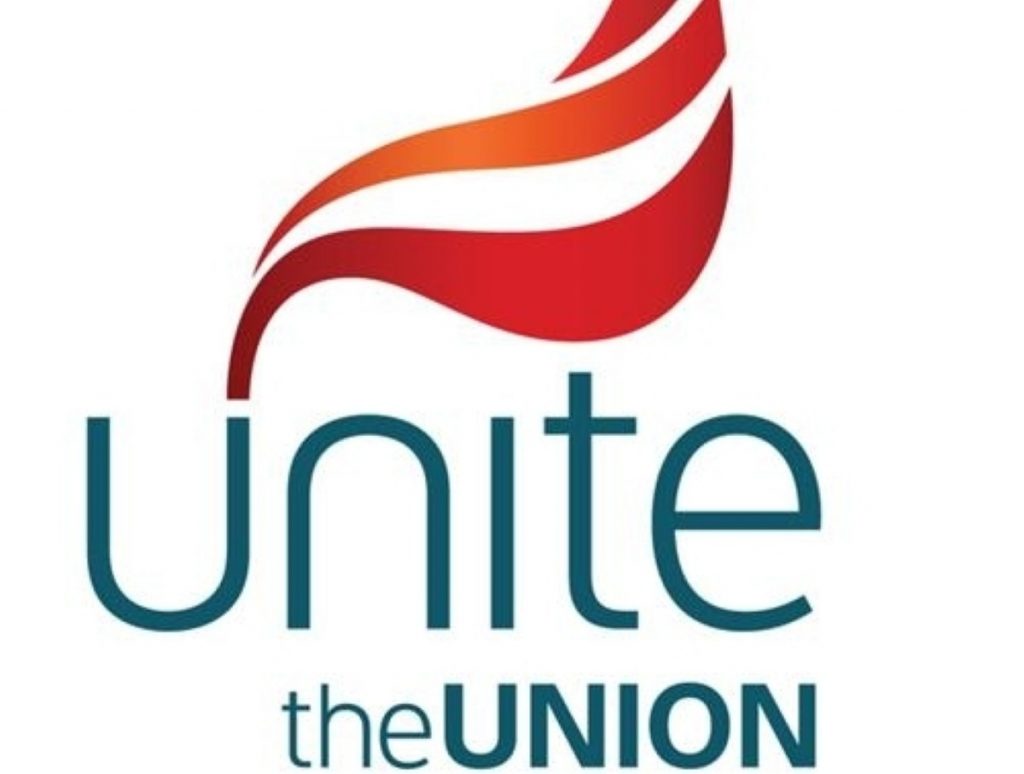Unite: Will the Yellow Bus Model fail School Transport?
Britain Urged to Make Informed Choice Regarding Yellow Bus Scheme
Claims made by David Blunkett MP, the Chairman of the Yellow Bus Commission, that he “has a real sense that there’s a public and political momentum (in the UK) building in support of Yellow School Buses” has led to concerns being raised by Unite the union this week.
Investigations by the Transport Sector of Unite have revealed myriad problems with school bus transport in the USA including: driver shortages, missed routes, long delays, children not being picked up, lack of disclosure about accidents and on-bus student disciplinary problems.
Graham Stevenson, Unite’s national organiser for transport, said in the light of the USA experience, the UK government, local education authorities, parents and other stakeholders have a responsibility to make an informed choice about the future of school transport.
“Britain should not rush into adopting the Yellow Bus model,” said Mr Stevenson. “There is no margin for error where transporting children is concerned. We don’t want services either going to the lowest bidder, or being separated away from mainstream bus provisions. Rather, we believe that school pupils should travel on the same services as the rest of the community and that these should be accountable to local authorities and should form part of the new Quality Contract networks we look forward to. Britain’s youth are more than familiar with so-called ‘McJobs’, do we really need to show them one on their daily journey to school?”
In the USA, the history of the reasons for a completely separate school transport provision arises from factors outside of British experience. Even so, the majority of school buses are owned and operated by public school districts, the equivalent of UK local education authority areas, with oversight by elected and accountable board members. Where a minority of school districts has elected to contract out their services to private ‘for-profit’ bus companies, the choice of which bus operator to use is one that some have made with incomplete information then have come to regret.
Since Yellow Bus provision is mainly for mornings and afternoons, drivers commonly receive part-time pay and are sometimes retired persons. This can lead to a quite different experience from that British school students are used to of being a part of the travelling public. Disturbing incidents are not unusual, as occurred in Columbus, Ohio in January 2007 when a school bus driver was stopped by police for making an illegal turn in his bus. Police then discovered that the driver had two syringes filled with cocaine and further checks revealed that he had three convictions for drunk driving which should have disqualified him from driving a bus. Officials then learned that the driver’s bus company had failed to carry out any criminal background checks on its Columbus drivers as required by state law. On January 25th the whole school system was shut down for the day while checks were carried out and in June 2007 Columbus did not renew its contract with the private bus company.
“Any yellow school bus service needs to be based on properly trained and paid permanent and professional drivers with decent conditions,” continued Mr. Stevenson. “This isn’t just for the drivers’ benefit but for the well-being of the children too. Without a stable and well motivated workforce it becomes impossible to provide a high quality service.”
Though some Yellow Bus schemes in the UK have shown promise in reducing local traffic congestion and in providing an alternative means of school transportation it should be remembered that these are very small-scale projects not directly comparable to the realities of district-wide schemes.
Blunkett references the US yellow bus experience as the basis for promoting the work of the Yellow Bus Commission that also intends to investigate “ways to bridge the funding gap that has prevented the national roll-out of yellow school buses in the UK”. Mr. Stevenson warned that any policy decision concerning wider implementation of Yellow School Bus should be considered in the light of some serious flaws in the U.S. performance. “What the Commission does not tell you about the U.S. experience speaks volumes,” he said.
Drawing attention to the way forward shown by the fact that in London, all full-time school and college students under the age of 18 are now able to travel free on all of London’s buses and trams, Mr. Stevenson said that: “This move was designed to help thousands of London’s teenagers and children but it has also promoted the benefits of using public transport in the capital and given a huge boost to families. David Blunkett needs to open his mind to the possibilities for just such an approach right across the country. What must his constituents in Sheffield be thinking of his new role?”
ENDS
Note to editors: A roadshow will be in the following venues highlighting union concerns:
Chelmsford 22 January, Norwich 24 January, Southampton 29 January, Brighton 30 January, Reading 5 February, Northampton 8 February, Birmingham 12 February, Sheffield 19 February, Leeds 20 February and Aberdeen 29 February
For a full copy of the Unite briefing on Yellow Buses please call Andy Gilchrist on 07736818114 or email him at tgseiu@tgwu.org.uk or the Unite Press office on 020 7611 2550





-01.png)